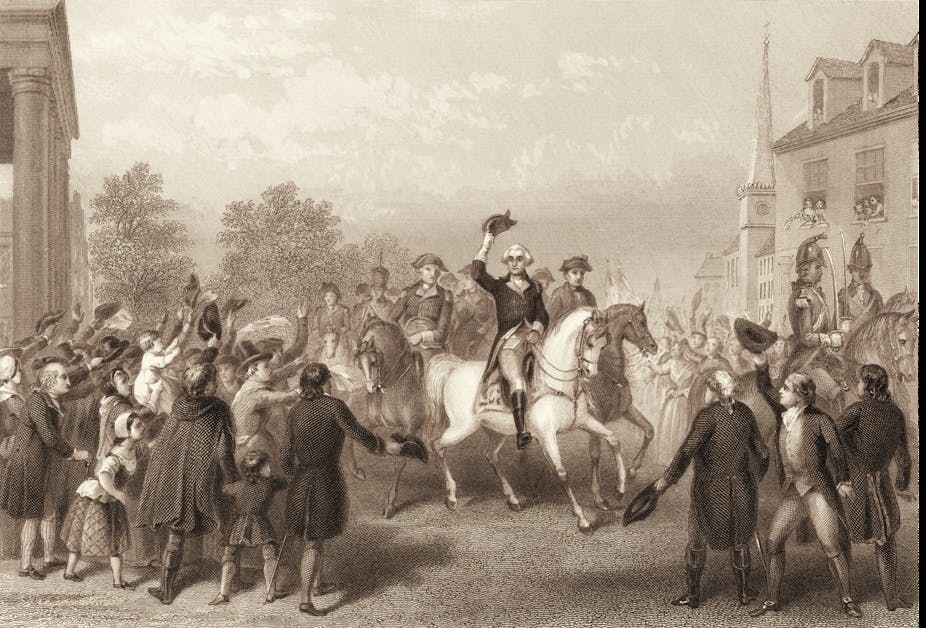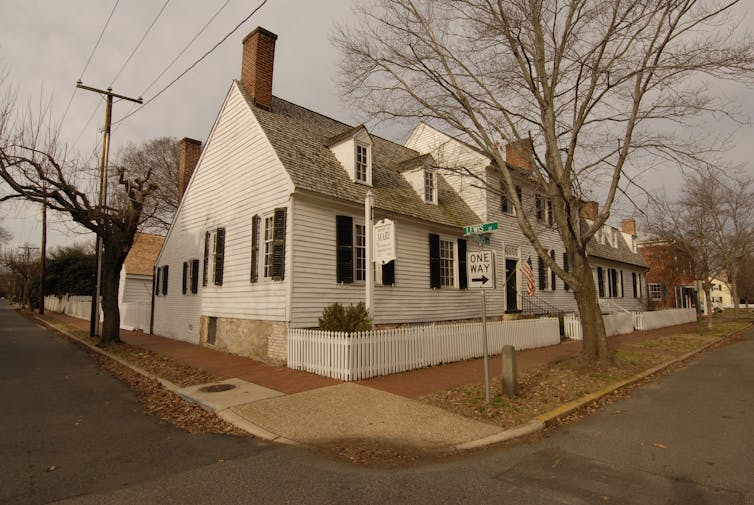She was just a whiskey maker, but he loved her still.
A rubber band pistol was confiscated from algebra class, because it was a weapon of math disruption.
No matter how much you push the envelope, it'll still be stationery.
A dog gave birth to puppies near the road and was cited for littering.
A hole has been found in the nudist camp wall. The police are looking into it.
Atheism is a non-prophet organization.
The soldier who survived mustard gas and pepper spray is now a seasoned veteran.
Did you hear about the Buddhist who refused Novocain during a root canal? His goal: transcend dental medication.
John Travolta tested negative for coronavirus last night. Turns out it was just Saturday Night Fever.
The World Health Organization has announced that dogs cannot contract COVID-19. Dogs previously held in quarantine can now be released. To be clear, WHO let the dogs out.
I saw an ad for burial plots, and thought to myself that's the last thing I need.
Intelligence is like underwear. It is important that you have it, but not necessary that you show it off.
Relationships are a lot like algebra. Have you ever looked at your X and wondered Y?
A courtroom artist was arrested today for an unknown reason, details are sketchy.
People are making end of the world jokes like there's no tomorrow.
Whatever you do, always give 100% - unless you're donating blood
What do you call a sleepwalking nun? Roamin’ Catholic.
What did Snow White say when she came out of the photo booth? Someday my prints will come.
A girl said she recognized me from her vegetarian club but I’d never met herbivore.
I've always had an irrational fear of speed bumps, but I'm slowly getting over it.
If you're not supposed to eat at night, why is there a light bulb in the refrigerator?
Don't let your worries get the best of you; remember, Moses started out as a basket case.
A vulture boards an airplane, carrying two dead raccoons. The stewardess looks at him and says, "I'm sorry, sir, only one carrion allowed per passenger.”
Two fish swim into a concrete wall. One turns to the other and says, "Dam!”
Two Eskimos sitting in a kayak were chilly, so they lit a fire in the craft. Unsurprisingly it sank, proving once again that you can’t have your kayak and heat it too.
Two hydrogen atoms meet. One says, "I've lost my electron.” The other says, "Are you sure?" The first replies "Yes, I'm positive.”
A group of chess enthusiasts checked into a hotel and were standing in the lobby discussing their recent tournament victories. After about an hour, the manager came out of the office and asked them to disperse. "But why?", they asked, as they moved off. "Because,” he said, "I can't stand chess-nuts boasting in an open foyer.”
A woman has twins and gives them up for adoption. One of them goes to a family in Egypt and is named "Ahmal." The other goes to a family in Spain ; they name him "Juan." Years later, Juan sends a picture of himself to his birth mother. Upon receiving the picture, she tells her husband that she wishes she also had a picture of Ahmal. Her husband responds, "They're twins! If you've seen Juan, you've seen Ahmal.”
A group of friars were behind on their belfry payments, so they opened up a small florist shop to raise funds. Since everyone liked to buy flowers from the men of God, a rival florist across town thought the competition was unfair. He asked the good fathers to close down, but they would not. He went back and begged the friars to close. They ignored him. So, the rival florist hired Hugh MacTaggart, the roughest and most vicious thug in town to "persuade" them to close. Hugh beat up the friars and trashed their store, saying he’d be back if they didn't close up shop. Terrified, they did so, thereby proving that only Hugh can prevent florist friars.
Mahatma Gandhi, as you know, walked barefoot most of the time, which produced an impressive set of calluses on his feet. He also ate very little, which made him rather frail and, with his odd diet, he suffered from bad breath. This made him (Oh, man! This is so bad, it's good!) a super calloused fragile mystic hexed by halitosis.
Okay, you can stop groaning now!










































 A view of the Rappahannock River as Mary Washington would have seen it from her front windows. Enrico Ferorelli,
A view of the Rappahannock River as Mary Washington would have seen it from her front windows. Enrico Ferorelli, 


























